Alabama passes restrictive abortion law banning terminations
Celebrities are among thousands of women taking to social media to share abortion experiences amid Alabama’s restrictive law.
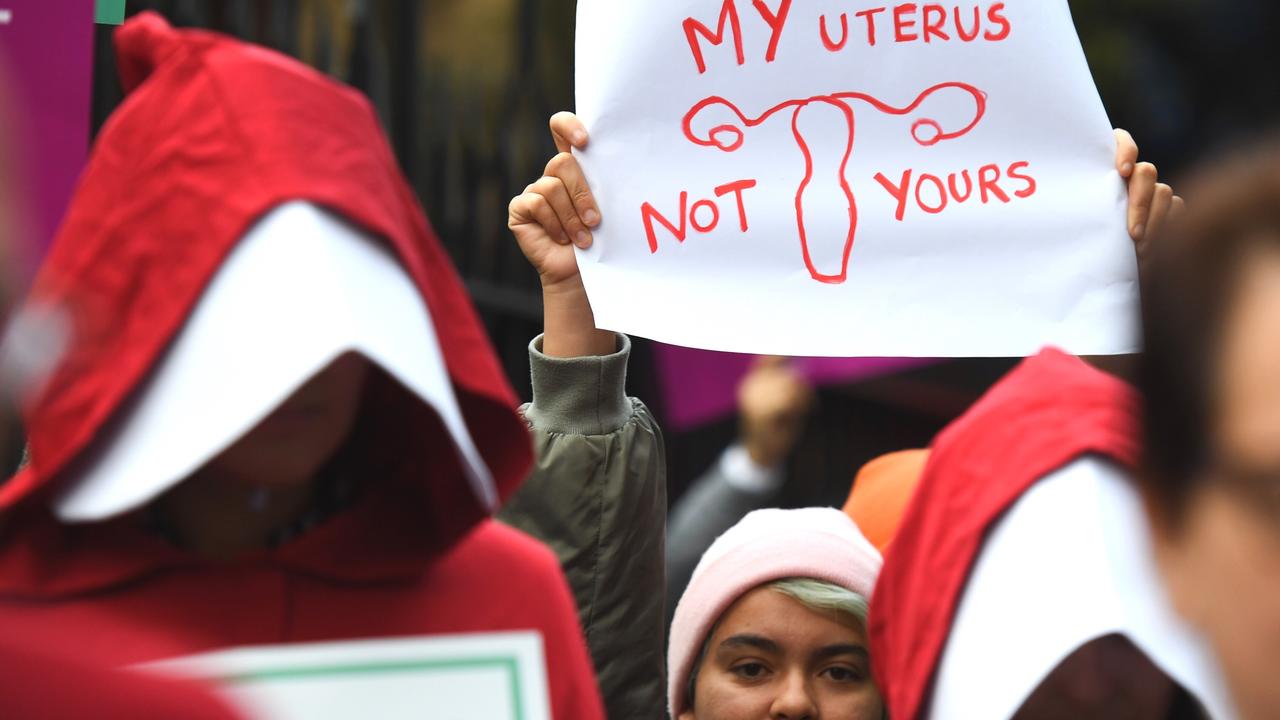
The Alabama senate has passed the most restrictive and toughest abortion law in the United States banning any termination of pregnancy — even in cases of rape and incest — and threatening doctors who perform the procedure with life in prison.
Hundreds of women are taking to social media to voice their anger and frustration over the legislation amid global backlash to the controversial decision.
Political leaders Hillary Clinton and Nancy Pelosi have spoken out against the bill, while celebrities including actresses Busy Phillips and Milla Jovovich have shared details about their own abortions as they condemn the decision as an assault on women’s rights.

“1 in 4 women have had an abortion. Many people think they don’t know someone who has, but #youknowme. So let’s do this: if you are also the 1 in 4, let’s share it and start to end the shame,” Phillips, 39 wrote.
She promoted many of the tweets with thousands of women also using the hashtag ‘#Youknowme’.
British actress Jamila Jameel identified herself as having undergone an abortion as did Jojovich, 43, who revealed she went through an emergency abortion two years ago.
“I was 4 1/2 months pregnant and shooting on location in Eastern Europe,” Jojovich said, adding she had gone into preterm labour and was told she needed to be awake for the whole procedure.
“It was one of the most horrific experiences I have ever gone through. I still have nightmares about it. I was alone and helpless,” Jojovich bravely admitted in her Instagram post.
“When I think about the fact that women might have to face abortions in even worse conditions than I did because of new laws, my stomach turns.”
Jojovich said she spiralled into one of the worst depressions of her life, even putting her career on hold.
“Thank God I was able to find my way out of that personal hell without turning to medication, but the memory of what I went through and what I lost will be with me till the day I die,” she said.
Here's what you can do today to fight back:
— Hillary Clinton (@HillaryClinton) May 15, 2019
1. Donate to @abortionfunds: https://t.co/JY9MwWRG6g
2. Support @EmergeAmerica, @EMILYSList, @runforsomething, and @TheDLCC, who work to elect pro-choice candidates
3. Join @supermajority to organize for the future
Others used the hashtag #shoutyourabortion which has been condemned in the past by conservatives as a celebration of the procedure.
The vote passed on Tuesday with the state’s Republican-dominated Senate voting 25-6 to make performing an abortion a crime with 99 years or life in prison for the abortion provider.
The only exceptions are to safeguard the health of the mother.
All of the politicians who voted for the law were men.
FIGHTING BACK
The largest human rights defence organisation in the US, the ACLU, promised to file a lawsuit to block its implementation, saying the vote showed “how little they (conservative politicians) regard bodily autonomy”.
“This bill punishes victims of rape and incest by further taking away control over their own bodies and forcing them to give birth,” it added.
The only exemption would be when the woman’s health is at serious risk, after senators rejected an attempt to add an exception for rape and incest.
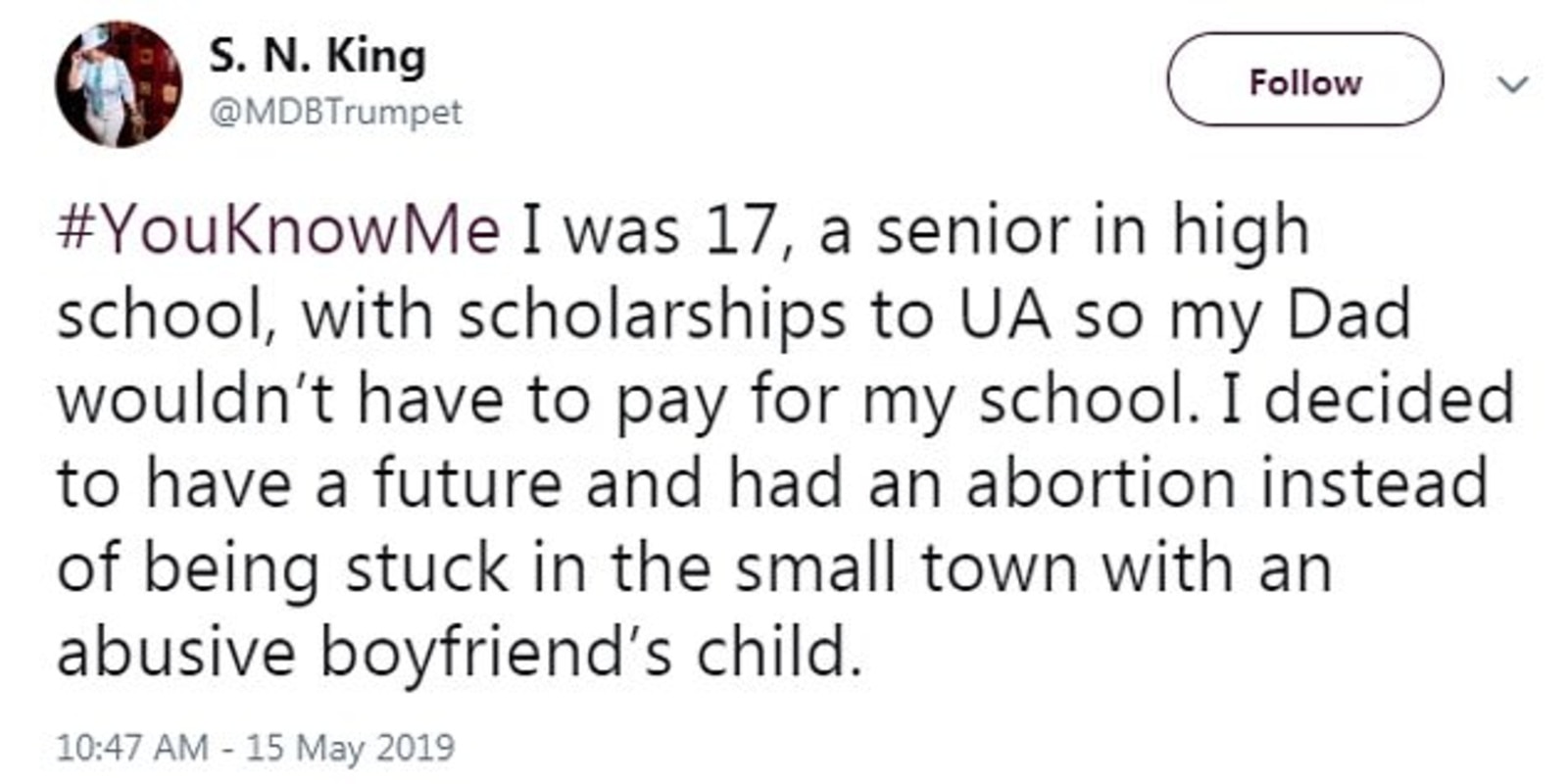
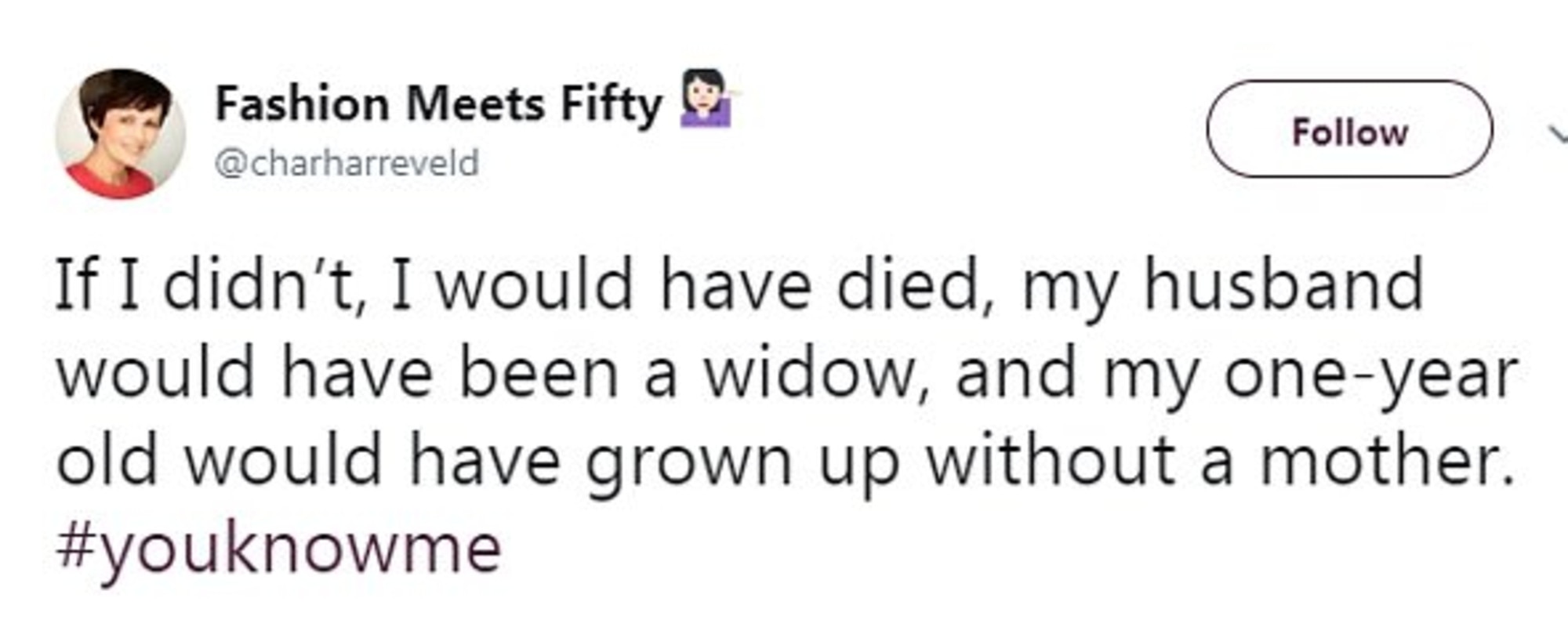
The amendment was voted down 21-11, with four Republicans joining Democrats.
“You don’t care anything about babies having babies in this state, being raped and incest,” Democratic Senator Bobby Singleton said on the Senate floor after the amendment’s defeat.
“You just aborted the state of Alabama with your rhetoric with this bill.”
The vote comes as several conservative states are weighting harsh anti-abortion laws, intending some of them to be challenged and reach the Supreme Court.
This year alone, 28 of the 50 US states have introduced more than 300 new rules to limit abortion, according to a report by the Guttmacher Institute, which defends women’s rights.
In Ohio, women and girls who fall pregnant from rape will be forced to carry their attacker’s child to term if they don’t have an abortion within five or six weeks.
The “foetal heartbeat” bill, which last month passed in the Ohio state senate but could still be blocked by a federal judge, would make abortion illegal once a heartbeat can be detected — usually when a woman is five or six weeks pregnant.
The Human Rights Protection Act, known as SB 23 makes an exception if carrying the child to term puts the woman’s life at risk, but no exception for women or girls who have become pregnant due to rape or incest, and regardless of age.
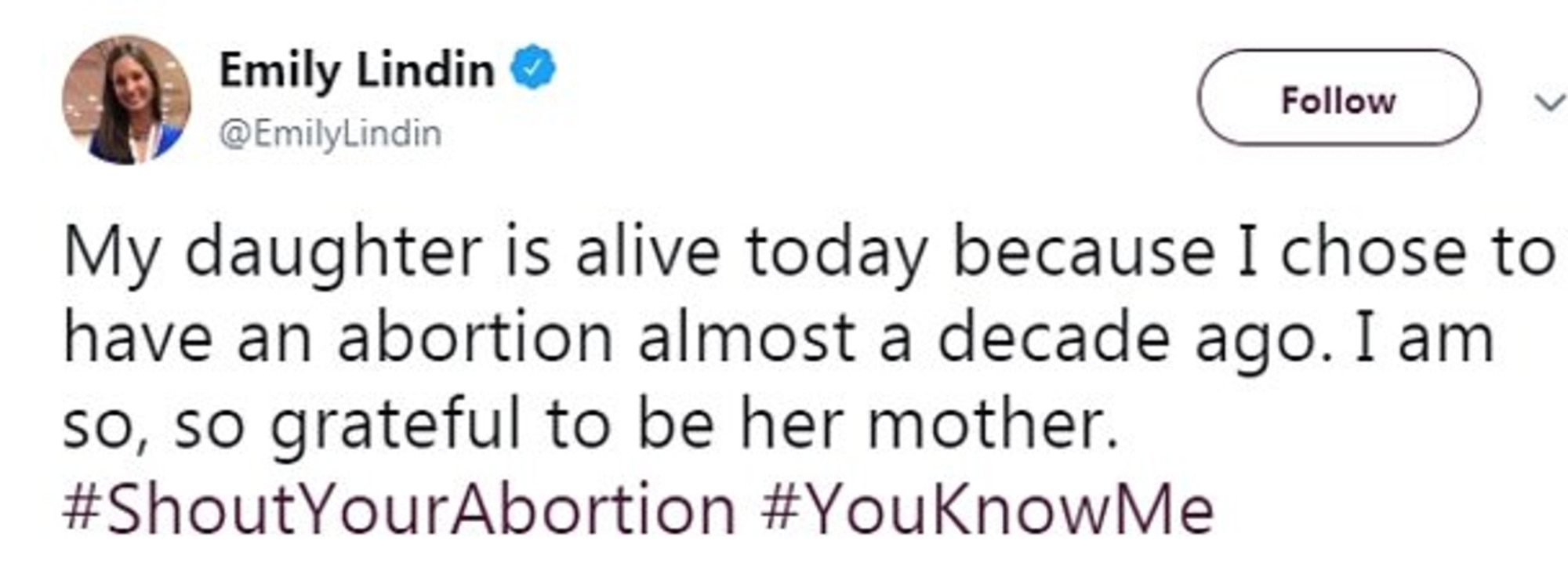
That means a girl as young as 10 or 11 would be forced to give birth to her attacker’s child if the pregnancy is not terminated before a heartbeat is detected.
One Twitter user said: “Learning I was pregnant the same week I decided to leave my abuser could have tied me to him forever,” as women continue to share varied stories, some who said they had been raped to those who would not survive pregnancies themselves.
“I was 12. Need I say more?” another wrote.
“Had an abortion at 15 … my only regret is allowing people to judge me for MY choice,” another added.
Many women do not begin experiencing symptoms of pregnancy until after six weeks.
A report by CBS News detailed a recent case in Ohio of an 11-year-old girl who became pregnant after being raped multiple times by a 26-year-old man, according to the police report. That particular victim will be able to legally obtain an abortion since the proposed law isn’t due to come into effect until July. But unless the law is successfully challenged in the US Supreme Court, those who come after her won’t have the same access.
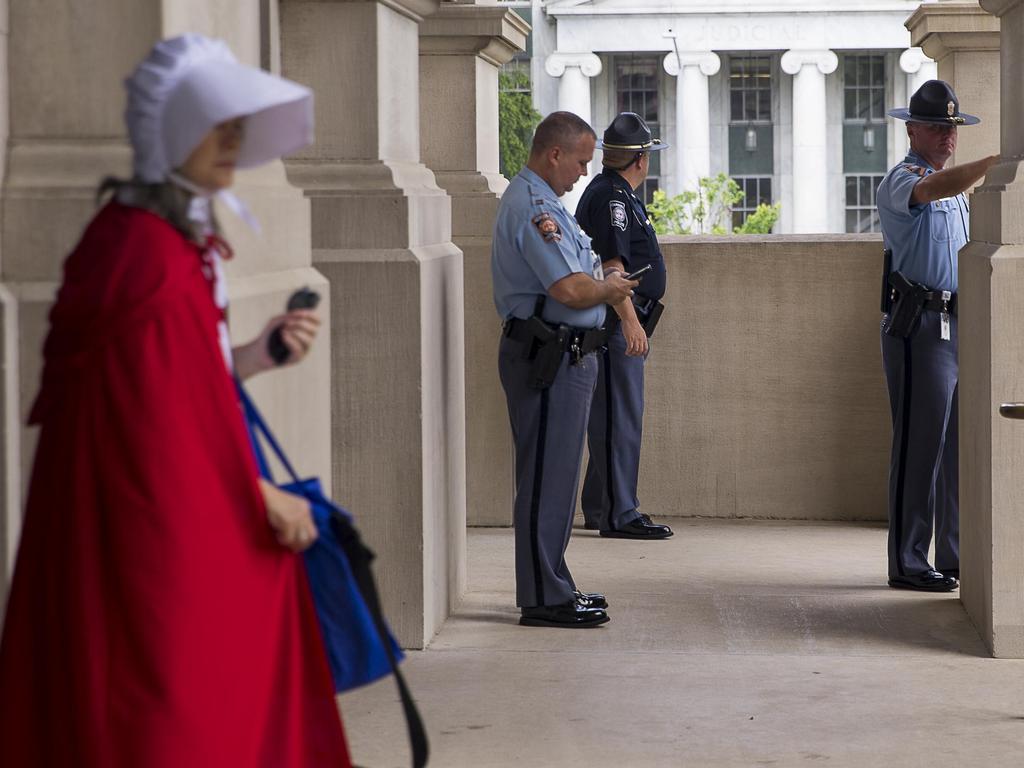
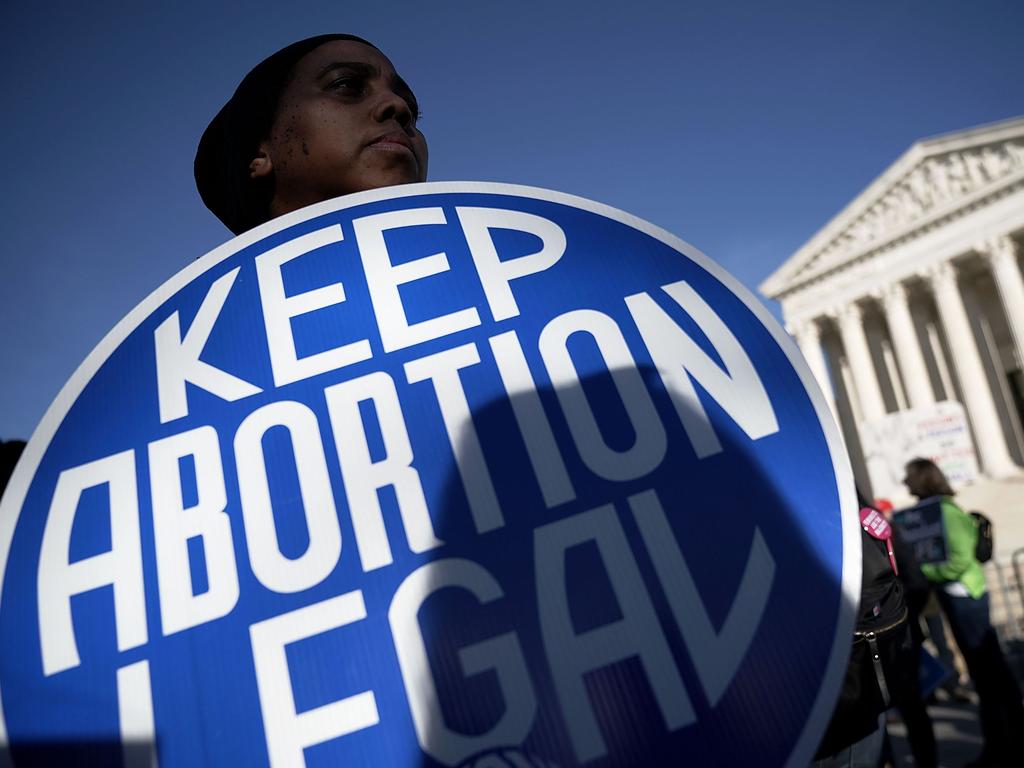
Ohio Attorney-General Dave Yost defended the law to CBS News, saying “Sometimes, the evolution of the law requires bold steps.
“In the last 46 years, the practice of medicine has changed. Science has changed. Even the point of viability has changed. Only the law has lagged behind.”
As he signed the bill into law in April, Ohio Governor Mike DeWine said the rights of the foetus, not the pregnant girl or woman, were first and foremost.
“The essential function of government is to protect the most vulnerable among us, those who don’t have a voice,” he said.
“Government’s role should be to protect life from the beginning to the end.”
FBI statistics show more than 4000 reported cases of rape in Ohio in 2017. Almost a quarter of those victims were assaulted by a family member.
Ohio is just one of half a dozen US states that have passed or attempted to pass restrictive abortion laws this year.

Pro-life activists have been open about the fact they hope abortion bans at the state level will eventually lead to an overturning of Roe v Wade, the 1973 landmark Supreme Court ruling that protects a woman’s right to seek abortion in the constitution.
Actress Alyssa Milano recently called for a ‘sex strike’ in response to a foetal heartbeat abortion ban bill in Georgia.
The American Civil Liberties Union and the Center for Reproductive Rights have both announced they’ll challenge Ohio’s SB 23 law in the Supreme Court. The recent addition to the Supreme Court of Justice Brett Kavanaugh, who leans conservatively, has encouraged pro-life campaigners to push for anti-abortion legislation.
“Pro-life states are more hopeful than they’ve been in a long time because they see some of this shifting at the federal level, so they’re being more bold in their efforts to restrict abortion activity,” Sue Swayze Liebel, who directs state policy for the anti-abortion Susan B. Anthony List, recently told The Hill.
“In some instances, they’re rushing to out-pro-life each other.”



